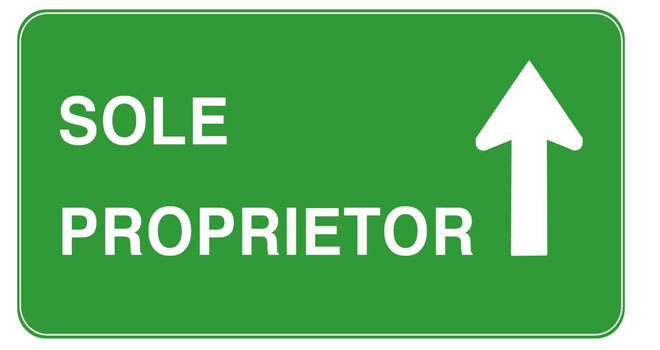Those who remember the good old days of Chappies bubblegum might like to chew on these extracts from an interesting document published on the FSB website:
- There is no legal distinction between the sole proprietor and the business which he or she conducts. As such, there is also no distinction between the business’ assets and liabilities and the sole proprietor’s assets and liabilities. The sole proprietor has unlimited responsibility for all losses and debts of the business.
- Legally, the sole proprietorship and the sole proprietor are one and the same. Therefore, if a sole proprietor dies, the business enterprise terminates.
- A sole proprietor is not a key individual as defined in the Act but the actual financial services provider. The Act requires only corporate persons to have a key individual. The key individual is a natural person designated as such by the corporate entity who can comply with the section 8 requirements.
- A sole proprietor is not a representative as defined in the Act particularly when regard is had to the definition of ‘financial services provider’ from which it is apparent that a financial services provider is a person other than a representative who as a regular feature of its business renders financial services to clients.
- Where the Act distinguishes between financial services providers who are natural persons and those who are corporate persons, only those requirements applicable to natural persons would apply to a sole proprietor. For example, a sole proprietor is not required to appoint a key individual as is the case with a corporate person and certain competency requirements only apply to financial services providers who are sole proprietors.
- The Act does not prohibit a sole proprietor, who is authorised as a financial services provider, to appoint one or more representatives. The number of representatives (whether natural or corporate persons) a sole proprietor may appoint depends on his/her operational ability.
- The Act does not provide for the appointment of a key individual by a sole proprietor, the first-mentioned being a person who manages or oversees the activities of a corporate persons relating to the rendering of financial services. The responsibility to manage and oversee the rendering of financial services by a financial services provider which operates as a sole proprietorship is that of the sole proprietor alone.
An interesting fact to bear in mind is that, should you decide to change the legal structure of your business to, for example, a company, you will have to apply for a new FSP licence as the authorisation to render financial services will no longer reside in the natural person, but rather the separate juristic person.
Finally, and before you ask me: I do not know why a person who is neither a key individual nor a representative has to write both regulatory exams.
Please make sure you read the Guidelines containing all the relevant information, and more.



